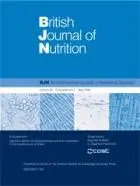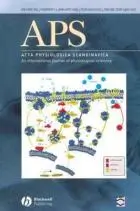
Physico-chemical Properties of Dietary Fibre and Effect of Processing on Micronutrients Availability
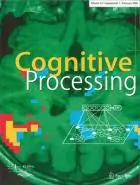
Special Issue of Cognitive Processing: Neuroscience today - Neuronal Functional Diversity and Collective Behaviours

Real Brain-drain Migration from Slovenia in the Period from 1988 to 1994

Materials for Gas Turbines
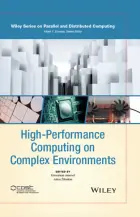
High-Performance Computing on Complex Environments
- Pages: 512
- Author(s): Emmanuel Jeannot, Julius Žilinskas (Eds.)
- Publisher(s): John Wiley & Sons
- Download from external website
With recent changes in multicore and general-purpose computing on graphics processing units, the way parallel computers are used and programmed has drastically changed. It is important to provide a comprehensive study on how to use such machines written by specialists of the domain.

Book of Abstracts: Functional Molecular Materials - Final Evaluation Conference of the Chemistry COST Action D14
- Pages: 73 pages
- Author(s): A. Vicek, J. Veciana, L. Vichova, J. Vidal Gancedo, D. Neibecker
Abstracts of the Final Evaluation Conference of the Chemistry COST Action D14 on “Functional Molecular Materials”, which took place in San Feliu de Guixols, Spain on 9-12 June 2005.
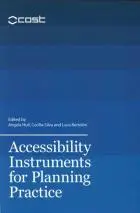
Accessibility Instruments for Planning Practice
- Pages: 369
- Author(s): Edited by Angela Hull, Cecilia Silva and Luca Bertolini
- Publisher(s): COST
- http://www.accessibilityplanning.eu/
- ISBN/ISSN: 978-989-20-3187-3
Accessibility concepts are increasingly acknowledged as fundamental to understand the functioning of cities and urban regions. In particular, accessibility instruments are able to provide a framework for understanding the reciprocal relationships between land use and mobility. Such a framework has important potential advantages when transferred to the realm of urban planning. However, despite the large number of instruments available in literature, they are not widely used to support urban planning practices.

